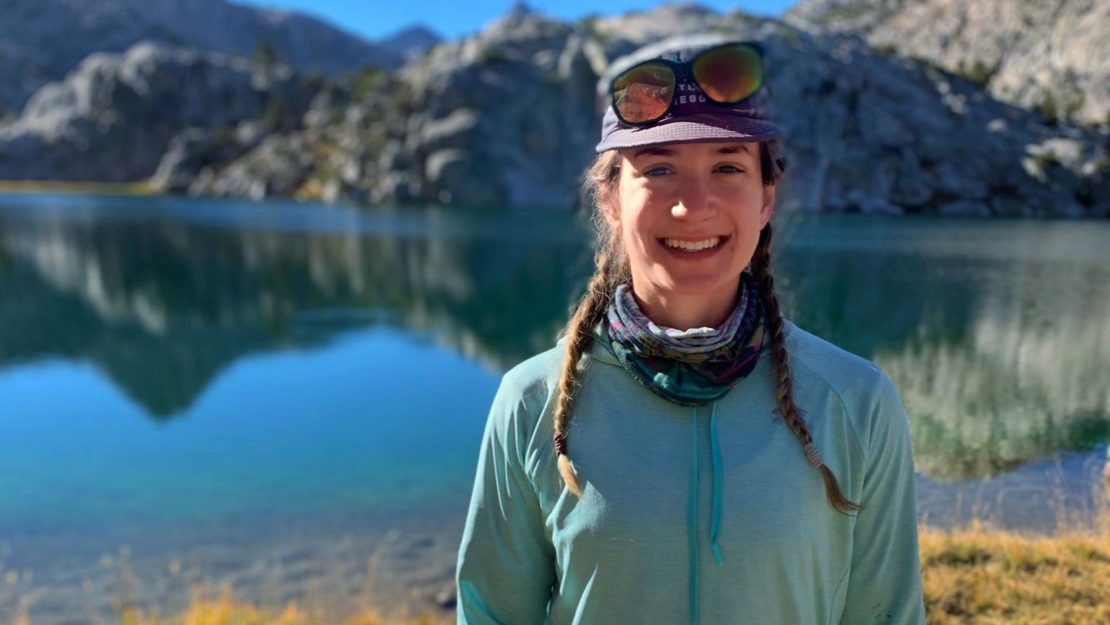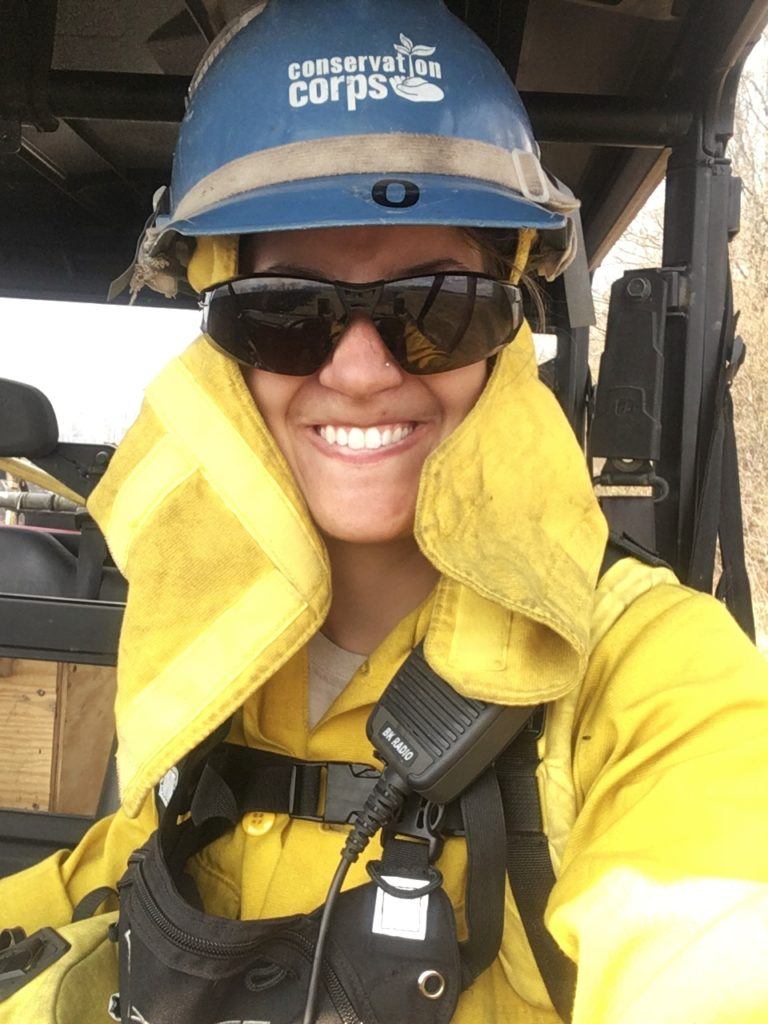Where Are They Now? Alumni Highlight: Jaleesa Houle

Jaleesa served as the Mississippi Field Crew Leader in Central Minnesota in 2019. Since then, she has lived and worked in Australia, returned to the United States to start graduate school, and has recently been awarded a fellowship. She attributes her time at the Corps as one of the reasons she was accepted into this fellowship! Congratulations Jaleesa!
What kind of work did you do when you were in the Corps?
Were there any particularly memorable or challenging experiences during your time in the Corps?
What was the most personally meaningful part of your experience with Conservation Corps?

How did the experience shape your career/life?
What advice would you offer to a current member serving in Conservation Corps Minnesota & Iowa?
What did you do immediately after your time in the Corps?
Where are you now?
What do you do there?
Is there anything else you would like to share?
I was recently awarded a National Science Foundation Graduate Research Fellowship (NSF GRF). This is an award that covers the cost of educational expenses and provides 3 years of stipend money ($37k/yr) to graduate students pursuing STEM research. A big part of my application was detailing the work I had done with Conservation Corps, and describing how my service term shaped my educational goals. When assessing applications, one of the main criteria that reviewers emphasize is Broader Impacts. Summarized directly on the NSF website: “the Broader Impacts criterion encompasses the potential to benefit society and contribute to the achievement of specific, desired societal outcomes.”
As you might imagine, a service term with Conservation Corps is a great example of Broader Impacts. My service with CCMI was mentioned multiple times in the feedback I received from reviewers. I was not aware of the NSF GRFP when I was in CCMI, but it is an incredible opportunity and I encourage current members and alumni who wish to pursue grad school to apply! For those who are interested, but don’t know where to start, please feel free to reach out. I’m so grateful for the ways CCMI has helped me grow as an individual, and hope to be able to pass on this gratitude by helping fellow Corpsmembers.
If you want to contact Jaleesa to ask about her experience with the National Science Foundation Graduate Research Fellowship, you can email her at jaleesa.houle@gmail.com
Thank you for sharing your story Jaleesa!
Are you an alum that would like to be featured in a post?